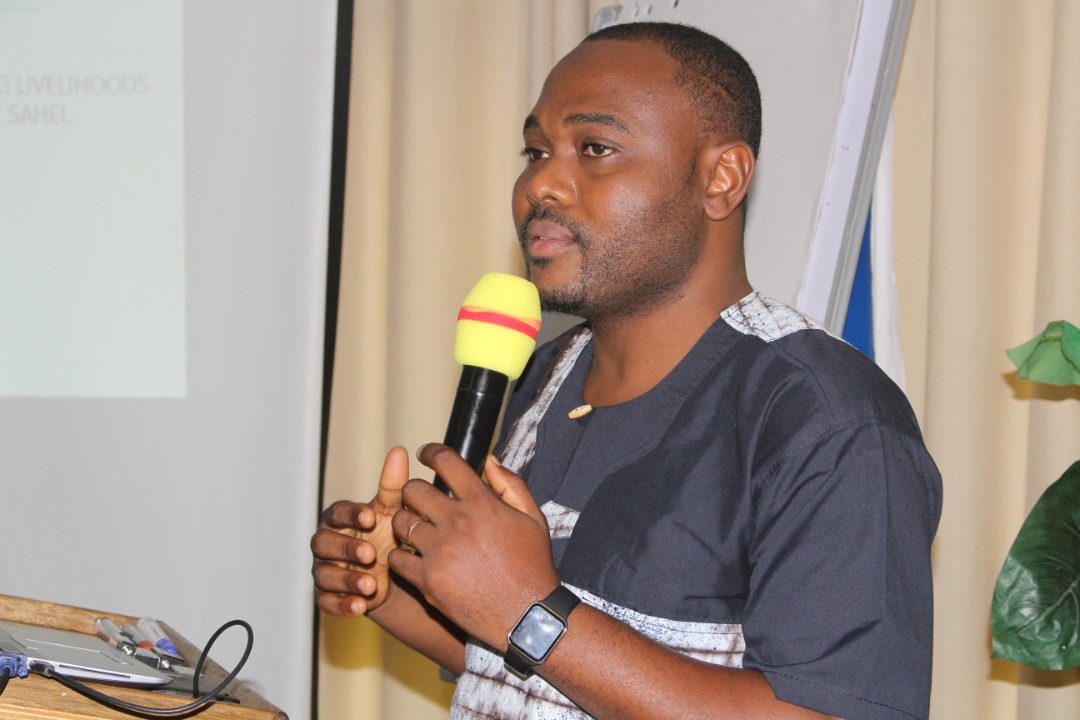The International Union for Conservation of Nature (IUCN) says, renewable energy alternatives such as solar energy and sustainable charcoal production remain critical to rural development.
It is thus admonishing decentralized assemblies to consider such initiatives in their medium-term planning to improve the livelihoods of deprived rural poor.
According to IUCN, the Lands of Opportunities Global Mechanism (LOGMe) project funded by the Italian Ministry for Ecological Transitions aimed at contributing toward landscape restoration in the Sahel whilst creating income-generating opportunities for communities in Ghana, Niger and Burkina Faso found that, solar energy for rural communities and sustainable charcoal production are game changers in enhancing productivity and income levels of rural communities whilst reducing rural-urban migration.
This was contained in a finding by IUCN-Ghana from eight rural communities in the Talensi and Builsa South Districts in the Upper East Region and Sisala East District in the Upper West Region of Ghana.
Project officer of IUCN-Ghana, Dorcas Owusuaa Agyei, revealed that, the lack of electricity connection in rural communities continue to thwart their development and livelihood efforts and thus the need for solar energy to propel development in affected communities.
“We found that most rural communities were not connected to the national grid. Most of these communities have CHPS compounds, clinics, and schools but no lights. So, it came out clear that, these communities need some lightning systems for collected use and mechanized boreholes as women are struggling to get water from far for domestic purposes.”
“The need for solar mechanized boreholes, the use of improved cooking stoves to reduce firewood consumption and a community point to charge their phones were critical in these communities which will be addressed by the project”.
The project has various kinds of restoration interventions such as agro-forestry, enrichment planting and some plantations to be done this year. We are also seeking to provide renewable energy to local communities for basic community needs such as cooking and production”.
Mrs. Agyei reiterated the need for assemblies to mainstream renewable energy into their medium-term development plan to meet the needs of rural communities.
She further recommended that, all rural communities without electricity be provided with solar-powered boreholes, irrigation facilities and lighting systems at health facilities, schools, and community centres.
Head of the programme at IUCN, Dr. Jacques SOMDA, underscored the need for sustainable use of natural resources through empowerment and sustainable natural resources utilization practices and good governance to improve the livelihoods of rural communities.
Dr. SOMDA noted that, lack of solar energy systems and alternative charcoal production methods in rural communities without electricity connectivity undermine their development and needed urgent attention by stakeholders, adding that investments in renewable energy could change the narrative.
He reiterated the need to invest in solar energy as the cheapest energy alternative by reducing import taxes on solar materials in African countries to meet the energy needs of rural communities, thereby enabling them to exploit poverty alleviation opportunities.
“Charcoal is not the problem but how it is produced. The way we are cutting wild trees to produce charcoal without replacing these trees is worrying. Otherwise, charcoal as a product is part of the human being livelihood so, we can’t stop it but we can help the local communities find new ways and best practices of producing charcoal.”
“We can task them to plant the trees they need for the charcoal production to recover what they have cut over the period or enact laws to allow them to produce the charcoal under a shift system where after producing the charcoal in one area they plant trees to recover that land before moving to another area”.
